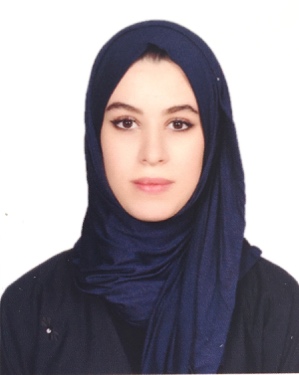
Sara Taleb
Hamad Bin Khalifa University, Qatar
Title: Level of Maternal Anti-F RSV Antibodies in Hospitalized Children and Correlates of Protection
Biography
Biography: Sara Taleb
Abstract
Respiratory syncytial virus (RSV) is a threatening agent causing lower respiratory infections (LRI) among children, where no vaccine is available. Being highly-conserved and essential for viral entry, the stabilized form of F protein (Pre-F) is a potential vaccine candidate for pregnant women. Aim: To evaluate the level of maternal Abs in RSV-hospitalized children and to investigate their correlates of protection. METHODS: 65 blood samples and nasal aspirates were collected from RSV-infected children aged between 0 and 6 months (mean: 1.7  1.2), at the Pediatric Emergency Center (PEC) at Hamad Medical Corporation (HMC) in Qatar, along with blood samples from their corresponding mothers. Both maternal and infants’ sera were screened for the presence of Pre-F and Post-F Abs using ELISA. Circulating RSV subgroups in Qatar were identified by PCR. And RSV F gene were sequenced from nasal aspirates and screened for mutations in major antigenic sites. RESULTS: Only 14% of maternal Abs were detected in infants, with an average of 0.97x103 and 1.12x103 of Pre-F and Post-F end-point-titers, respectively. Pre-F Abs in children showed positive-correlation with maternal Abs titers, and negative-correlation with infants’ age. Molecular analysis showed interchangeable circulation of RSV subgroups throughout 2016/2017 and 2017/2018 winter seasons. And F-gene sequence analysis revealed few mutations in sites Ø and site II, some of which were never reported. CONCLUSION: Our results indicate low-levels of maternal Abs in RSV-infected-infants, which partially explain children’s susceptibility to the disease. Identified mutations in the F-gene could also play a role in reducing antibody effectively against RSV infection.

